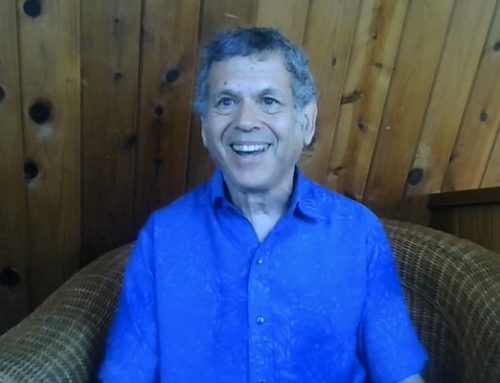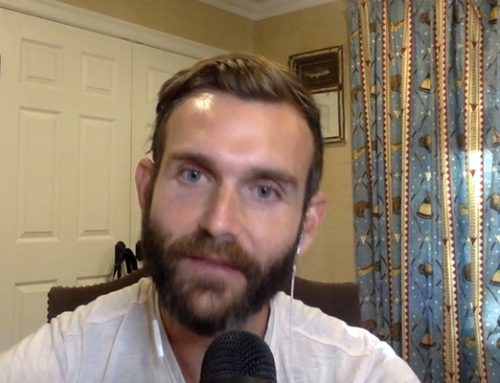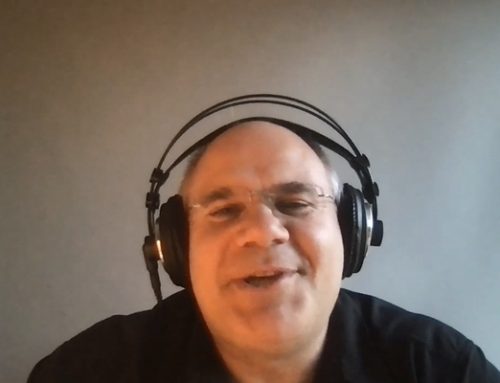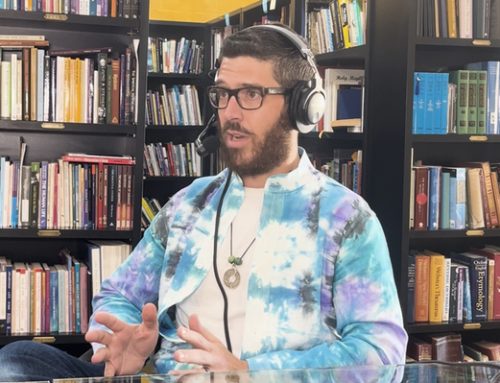
Have you been trying to figure out how to get past some difficult challenges in your life lately?
Usually, tough challenges do one of two things for us. To the degree that we’re conscious, they can bring out our best in and help us grow, or they can bring out the worst in us.
In this week’s vlog, I’ll share a concept I learned from my studies of Carl Jung’s very deep and expansive teachings that he developed for solving challenging problems in our lives.
To give you some context, it’s important to note that we’re dealing with yin and yang, the two great polarities that literally create everything from thoughts, feelings and emotions to the physical matter of the universe.
In this regard, Yin, the negative polarity, is what we have to get clear about within the scope of any challenge that we must not have. Yang, the positive polarity, relates to what we get clear that we must have in any given situation.
Think about a challenging situation you could face down the line, anything from having an argument with a loved one or a boss to losing a job or even being diagnosed with a serious disease like cancer.
Often, your reaction will be reflexive and habitual, ranging from an emotional outburst to taking the advice of traditional medical experts for extreme treatments (chemo, radiation or surgical interventions). All of these reactions may be very premature, so it’s important to take a step back…
Ask these questions first
The first thing I teach my students to do when they’re facing a challenge is to respond to five very simple questions.
- Do I have breath? Am I breathing? So far, so good.
- Do I have access to water? Most of us do.
- Do I have access to food? Again, most of us do.
- Do I have access to shelter? Most of us do.
- Is there love in my life? Am I capable of loving myself? If the answer’s no, you’ve already found the biggest problem, but for most people, there are people in their life that do love them.
Once you have breath, water, food, shelter and love, then you know that you’re not in nearly as big of an emergency as your ego is probably in the habit of making it out to be.

This knowledge gives you some leeway to solve this challenge in a mature, intelligent manner instead of acting out conditioned beliefs and behaviors that have already caused you many problems in the past as mine have caused me (which is why I practice these things).
Getting a deeper perspective on your dream

The next important step you’ll want to take toward solving your challenge is determining what your dream is relative to the situation and make sure you state it in positive affirmations and contexts.
In other words, if your dream is to not have cancer, you don’t want to say, “My dream is not to have cancer,” because you’re really dreaming to not have cancer. Instead, you’ll want to reframe your dream in a way like, “I choose to be happy, healthy and whole,” so you’re dreaming in a positive way.
From there, I go deeper into conflict resolution, especially between people, by getting to the real heart of problems, by stating and understanding each other’s wants, needs and feelings.
You’ll need all of this information to use a technique I describe as climbing the lifeguard tower. It’s a place where you’ll rise above the daily distractions of life, and go into a state of sublimation and alchemy to be better able to see the bigger picture.
It’s there we can determine our true wants, feelings and needs, then those of the other people involved and study our options, so we get clear on what we really need and must not have.

I hope you enjoy my short vlog on how to solve difficult challenges and take a look at some of the resources, especially The Web in the Sea by Alice O. Howell, an amazing Jungian psychologist and writer on things like life and the soul and Jungian concepts.
Love and chi,
Paul
References
CHEK Holistic Lifestyle Coach program
How to Eat, Move and Be Healthy
You Are What You Eat (audio program)
The Last 4 Doctors You’ll Ever Need (ebook)
CHEK 4 Quadrant Coaching Mastery program
The work of Georg Wilhelm Friedrich Hegel
The Web in the Sea: Jung, Sophia and the Geometry of the Soul by Alice O. Howell





